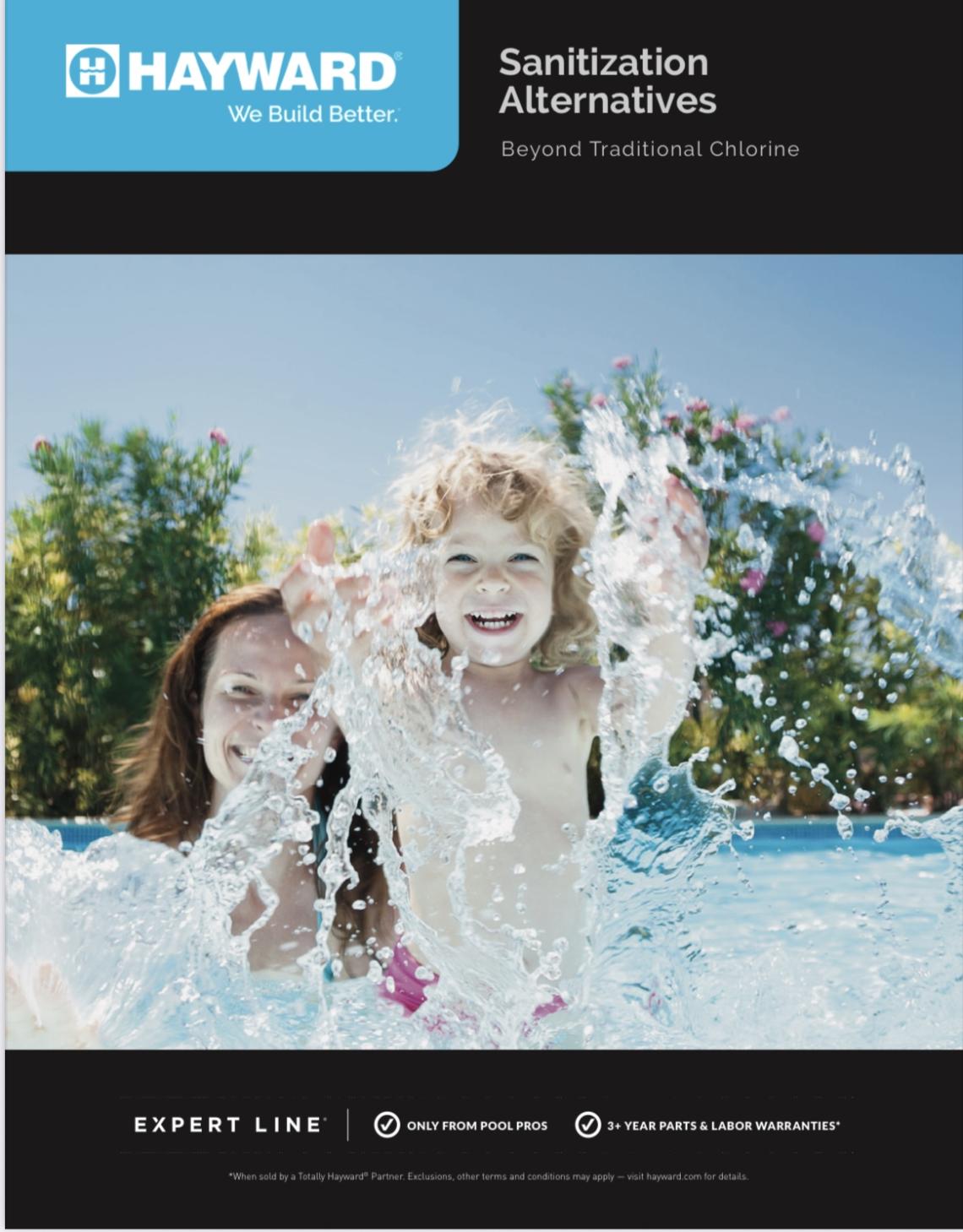Water Chemistry

 Water Chemistry is a very important part of swimming pool ownership.
Water Chemistry is a very important part of swimming pool ownership.
Balancing swimming pool water does not have to be so confusing. EVERYTHING that is put into your swimming pool will affect the balance of the water.
Your pool water is constantly changing. Thinking that clear water is healthy water can prove to be very costly.
You don’t have to tackle this alone. We use the Lamotte spin lab for accurate test results and recommendations for your swimming pool.
Give us a call! 724-352-7549
Water is out of Balance if you have:
*Eye and skin irritation
*Staining
*Unsightly wrinkles in vinyl liners
*Ineffective sanitizers
*Corrosion of metals (pump seals, heaters, lights, etc)
*Cloudy water
*Scale build up (white chalky appearance) on pool surfaces
* Pitting and corrosion on concrete
What causes cloudy water?
There are multiple reasons why your water is cloudy, and can be compounding issues. We start with checking sanitizer levels. Cloudy water is generally caused by low sanitizer; however other possible causes are High pH, high total alkalinity, high calcium and poor filtration.
What should I do if my pool water is cloudy?
*Adjust pH to 7.2-7.6
*Address known metal issues
*Backwash filter or clean cartridge
*Add algaecide
*Add shock (1LB of 68% calcium hypochlorite per 10,000 gallons of water)
*Keep a chlorine reading of 3 ppm and run filter continuously until water clears, backwashing or cleaning filter as needed
Do not be fooled by marketing strategies. All Chemicals are NOT created equally! Using quality chemicals for your pool will save you time and money.
What is Salt Chlorination?
Salt Chlorination is the natural and more convenient alternative sanitization method to traditionally harsh liquid or solid chemical chlorine. No more hauling and storing large amounts of chlorine. Salt systems convert dissolved salt into chlorine, resulting in clean, clear, luxuriously soft water that is less work and worry for you—and your wallet. We love it and so will you. We will help keep the water balanced for a worry free, swim ready healthy pool.
For More Information on Hayward's Aquarite Salt Chlorination
Click the brochure below
How often does my pool filter need to be cleaned?
Most manufacturers recommend a complete tear down and cleaning of the pool filter at least two times per year. The exact number of recommended cleanings depends on the size of your pool, and the size and type of your pool filter.
How can I tell if my pool is leaking?
Perform this simple test using an ordinary 5 gallon plastic bucket to determine if your pool is leaking and losing more water than it should due to its normal evaporation.
1. Bring pool water to normal level
2. Fill bucket with pool water to about 1 inch from the top
3. Place bucket on 1st or 2nd step of the pool
4. Mark water level on inside of bucket
5. Shut off pump and mark pool water level on outside of bucket
6. Resume normal pump operation
7. After 24 hours, compare the two water levels. If the pool water (outside mark) goes down more than the inside water level, there is probably a leak. (Test is invalid after 24 hours)
Is it safe for me to drain my pool?
You should never drain your pool. Always use an experienced professional. Concrete and fiberglass pools can float out of the ground like a huge boat. The liners in vinyl pools can float and can shrink in a matter of a few hours
How long should I run my pool pump each day?
Most residential pool filtration systems are sized to circulate and filter the water twice in an 8-hour period. It is recommended that you run your pool pump for 10-12 hours each day in the summer. Filtering water is a key part of keeping your water clear.
What should the temperature of my swimming pool be?
This decision is ultimately up to the individual owner. The typical range is 78-82 degrees Fahrenheit. Keep in mind that the energy consumption for each degree rise in warmth will cost from 10 to 30% more in energy costs. Use covers to help cut down on heat loss.
Why do people use pool covers?
Pools lose energy in a variety of ways, but evaporation is the largest source of energy loss for swimming pools. Covers minimize evaporation and chemical loss. Pool covers also provide water conservation and keep debris out of the pool.




"I’m so glad to have Goodlin’s nearby! Dana was a Godsend over the summer when I was having issues with my pool.
She helped me daily and was so patient and knowledgeable. Everyone there is super helpful, and their prices are on par with all other pool companies.
We had them close our pool last week, and they were in an out so quickly, even taking our pump down to the shed for us. I won’t go anywhere else!"

